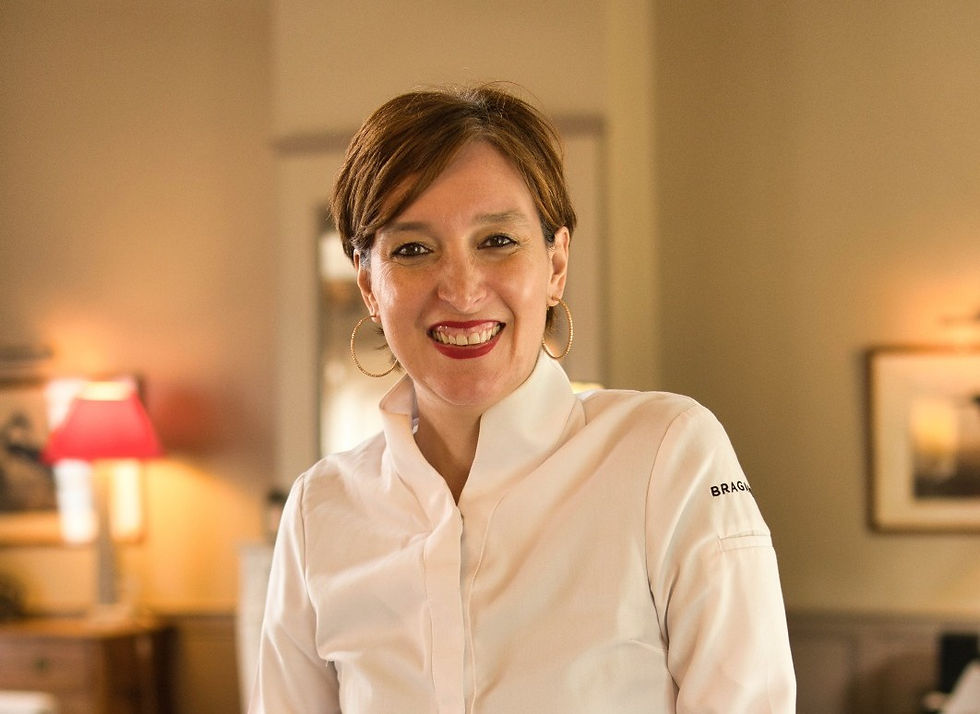We answer the questions that you do not dare ask us
- Ksenia Hleap

- Jan 3, 2024
- 3 min read
In a FAQ, which means Frequently Asked Questions, the AVPA Team answers the questions that many of you ask us regularly.
Why do a FAQ?
We have recently received a few requests for more information on the different stages of our contests. We want to work with the utmost transparency and ask you sincerely to articulate the questions that you could have in mind.
What is the objective of the Agency for the Valorization of Agricultural Products?
The Agency for the Valorization of Agricultural Products is a totally independent non-governmental, non-profit organization. Its objective is to contribute to the enhancement of the value of agricultural products, and to recognize the excellence of some producers through the organization of contests. Those contests allow producers to increase the recognition of their products on their respective markets and to help them capture new ones.
The AVPA directors do not have a personal financial interest in this, neither as merchants nor as representatives of a specific brand. They only try to achieve the most objective results, which seems to explain our success among the producers of very challenging countries.
Speaking of “the most objective results,” how does the contest work?
The contest has 2 major phases and 2 separate juries. Our first technical jury for olive oils is presided over by Christian Pinatel, Director of the Olive Technical Centre, and is composed of 6 to 8 persons, all olive oil tasting experts but not necessarily notorious. Each oil is tasted, one after another, by at least 3 two-person teams. The first team has the responsibility to eliminate flawed oils, or oils that do not have a gastronomic interest. The said testing is, of course, made “blind” and each team follows a different order in tasting to avoid any inherent weariness. The thirtieth oil is not judged the same way the tenth is! Then the President organizes the discussions between the tasters to make them agree on a final grade.
The results thus obtained are going through a mathematical analysis established with the University of Aix- Marseille to avoid the effects of inherent thresholds in the analysis of a discontinuous universe.
How does the second phase work?
Once the first phase is done, the oils are tasted by other tasting experts, olive oils’ amateurs, in particular chefs. They give a hedonistic evaluation that is considered to determine the final grading.
The results obviously vary from year to year. They depend on the quality of the oils received and on the level of competitiveness. If all oils are remarkable, it is difficult to obtain a gold medal!
In what ways does AVPA differ from the functioning of other similar contests?
As you can see, our contests are different from others in many ways. And they do not try to imitate them! For instance, we introduced a category named “old fashioned oils” to really take in consideration the particularities of certain olive oils obtained from fermented olives which can be found in countries which maintained their ancestral practices and traditions.
Is it normal that there is a charge to access the grades?
This requires an important transcription work, and possibly translation. Therefore, it takes time, so it costs money. This is why we must charge people for this access and do not give it to everybody. This is an option which is good only for those who really make use of it.
We try to have reasonable invoicing to balance our accounts. The said accounts remain public and are approved by the General Assembly at which all contests’ participants are invited.
Conclusion
Everyone is free to participate in our contest or not to participate. Considering the number of products we have been receiving for 22 years, it seems that many are interested in our contests.
There is certainly room for improvement, and we will listen to all your suggestions regarding the contest process or our way of functioning with a great deal of interest.










Comments